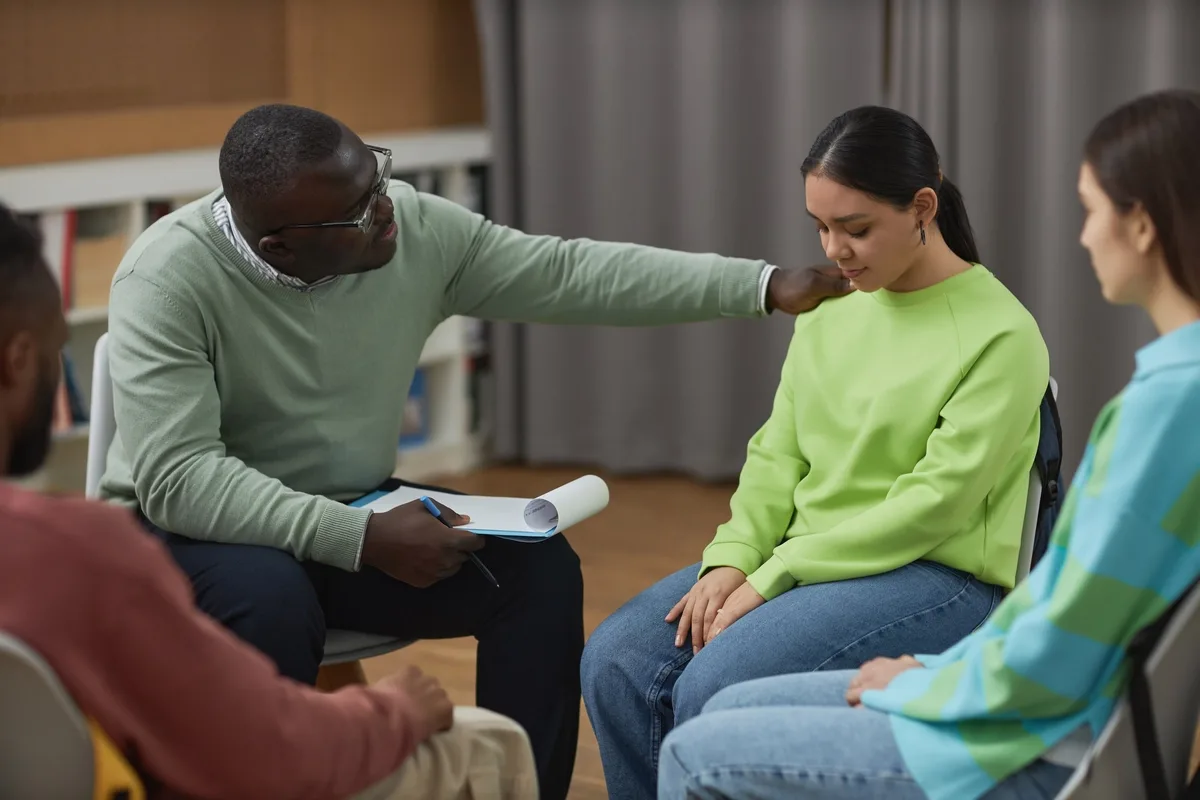24/7 Helpline:
(866) 899-221924/7 Helpline:
(866) 899-2219
Learn more about Couples Rehab centers in Portia
Couples Rehab in Other Cities

Other Insurance Options

ComPsych

BHS | Behavioral Health Systems

Horizon Healthcare Service

BlueCross

MHNNet Behavioral Health

Holman Group

Access to Recovery (ATR) Voucher

Evernorth

Ambetter

Carleon

Multiplan

Sliding scale payment assistance

Oxford

American Behavioral

Ceridian

Cigna

Health Net
Beacon

Covered California

Humana







Hometown Behavioral Health Services of Arkansas
Hometown Behavioral Health Services of Arkansas is a private rehab located in Hoxie, Arkansas. Homet...

Mid South Health Systems
Mid South Health Systems is a drug and alcohol rehab in Walnut Ridge, Arkansas. They provide outpati...

The Last Resort
The Last Resort Recovery Center specializes in helping adult men overcome substance abuse addiction ...

Goochland Powhatan Community Services
Goochland Powhatan Community Services is a public rehab located in Powhatan, Virginia. Goochland Pow...

Cornerstone Community Counseling
Cornerstone Community Counseling, located in Imboden, Arkansas, offers behavioral health care servic...

Preferred Family Healthcare
Preferred Family Healthcare - Southwest Broad Street offers outpatient services for individuals with...

Ray of Hope Street Ministry
Ray of Hope Street Ministry is a private rehab located in Smithville, Tennessee. Ray of Hope Street ...








































































































































































